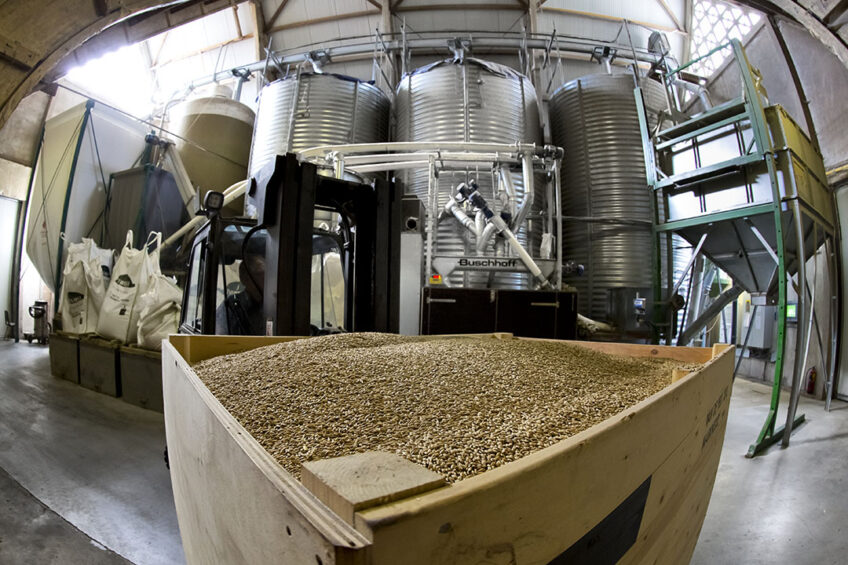Russian feed mills face additive shortages

A growing shortage of feed additives in Russia may force small and medium-sized feed mills to temporarily cease operation, wreaking havoc on the domestic poultry and meat businesses, the Russian newspaper Kommersant reported, citing a letter submitted by the National Meat Association to the Russian government on 8 December.
The Russian Agricultural Ministry has already stepped up and admitted the problem with feed additives supply on the market, promising to work towards a solution together with the Russian veterinary watchdog Rosselhoznadzor.
Russian market participants voiced concerns that the current crisis pushes farmers towards unconventional measures, including changing feed compositions. Sergey Laktykhov, general director of the Russian Union of Poultry Producers, confirmed that poultry companies are forced to look for some alternatives for scarce and expensive amino acids in a bid to maintain production performance.
Lower levels of inclusion
Andrei Kovalev, president of the Russian National Association of Turkey Breeders, stressed that large market participants have lysine reserves enough to last for 2-3 days only. A temporary measure to battle the current crisis could be associated with a reduction in the content of vitamins in premixes so that the currently available reserves would last for longer, the Russian company Prodo Group said.
New laying hen crossbreed developed in Russia
A group of scientists from the All-Russian Research Institute of Genetics and Breeding of Agricultural Animals (VNIIGZh) has presented a new laying hen crossbreed, the Russian snow-white, developed to match the Clean Eggs standards. Read more…
However, the complete absence of vitamins can lead to a decrease in production performance and even to higher poultry mortality, Prodo Group warned.
Andrey Grigoraschenko, vice president of the Russian leading turkey producer, Damate Group, said that the company expects to solve the problem by searching for new suppliers, as well as using alternative sources of amino acids. The Russian agricultural holding, Miratorg, forecasted turbulence on the market to stay in place until mid-2022.
A call for more authorised suppliers
Sergei Mikhnyuk, chairman of the National Feed Union, said that to solve this problem in the long run, it is necessary to localise the production of most feed additives in Russia. However, Yushin argued that this is not something that could be done swiftly, especially since the Russian meat industry has outgrown the feed additive industry for the past few years. Yushin expressed confidence that the problem could be mitigated through the expansion of the list of foreign suppliers authorised to deliver feed additives to Russia. He said that this would relieve the price tension on the domestic feed additives market.
Since June 2020, Rosselhoznadzor has restricted feed additives import from most European states, the US and Canada, citing poor state sanitary control over the production process in these countries and GMO fears.












